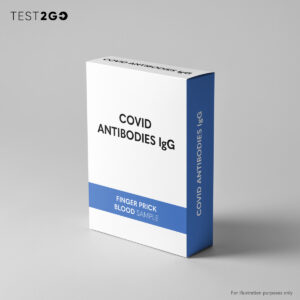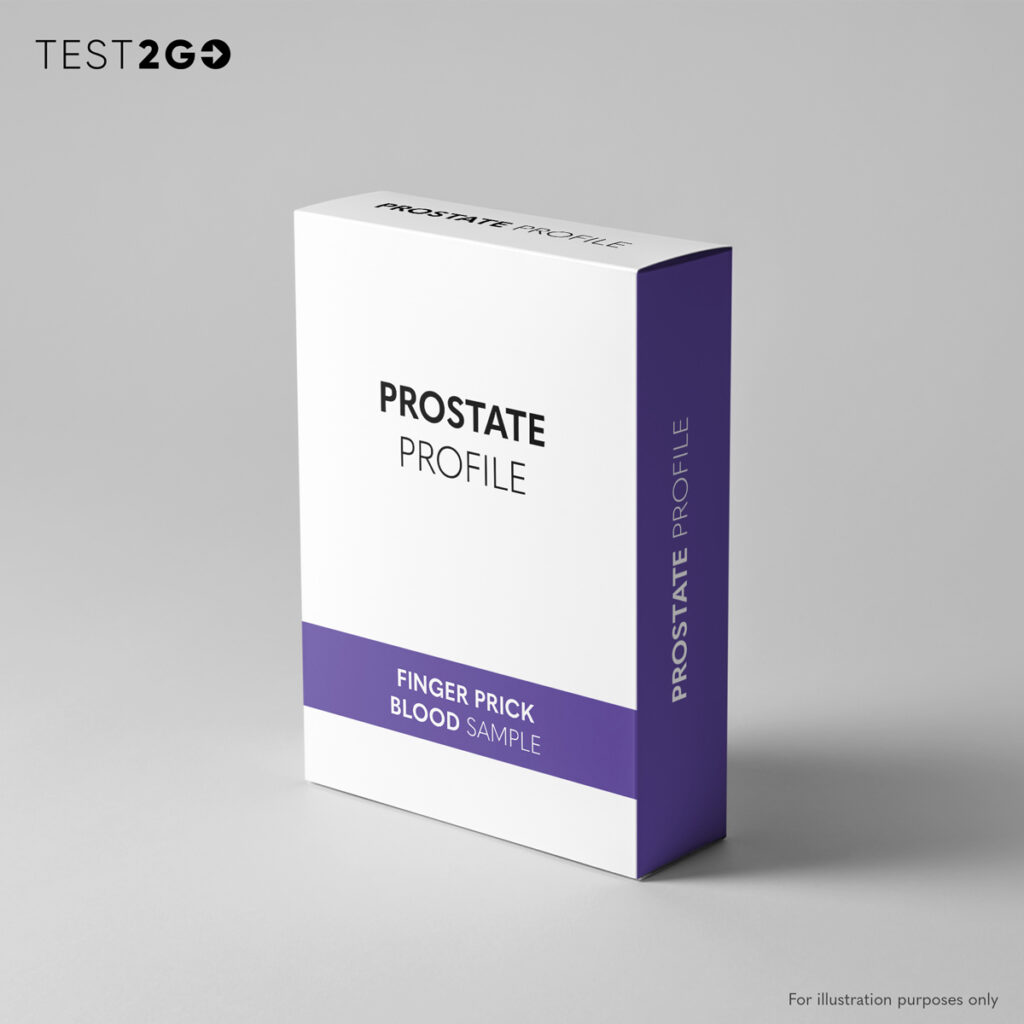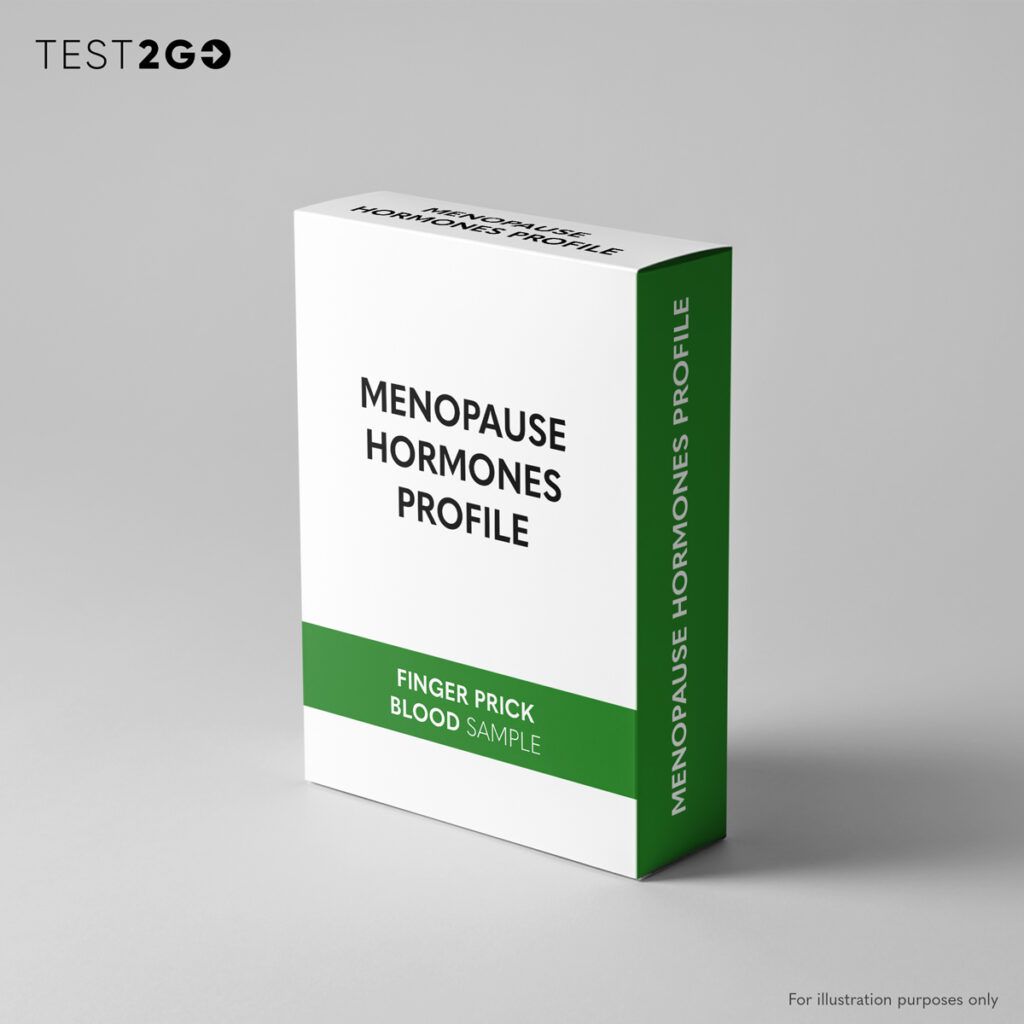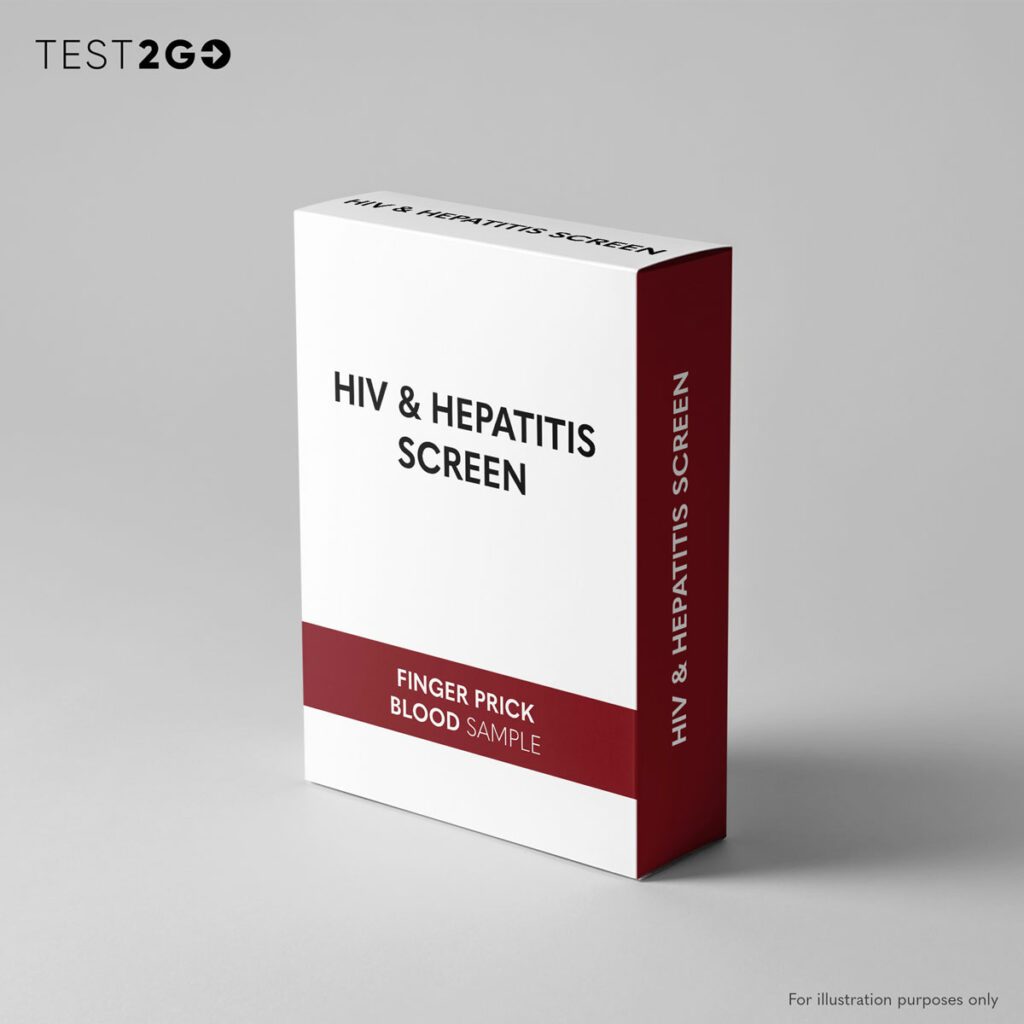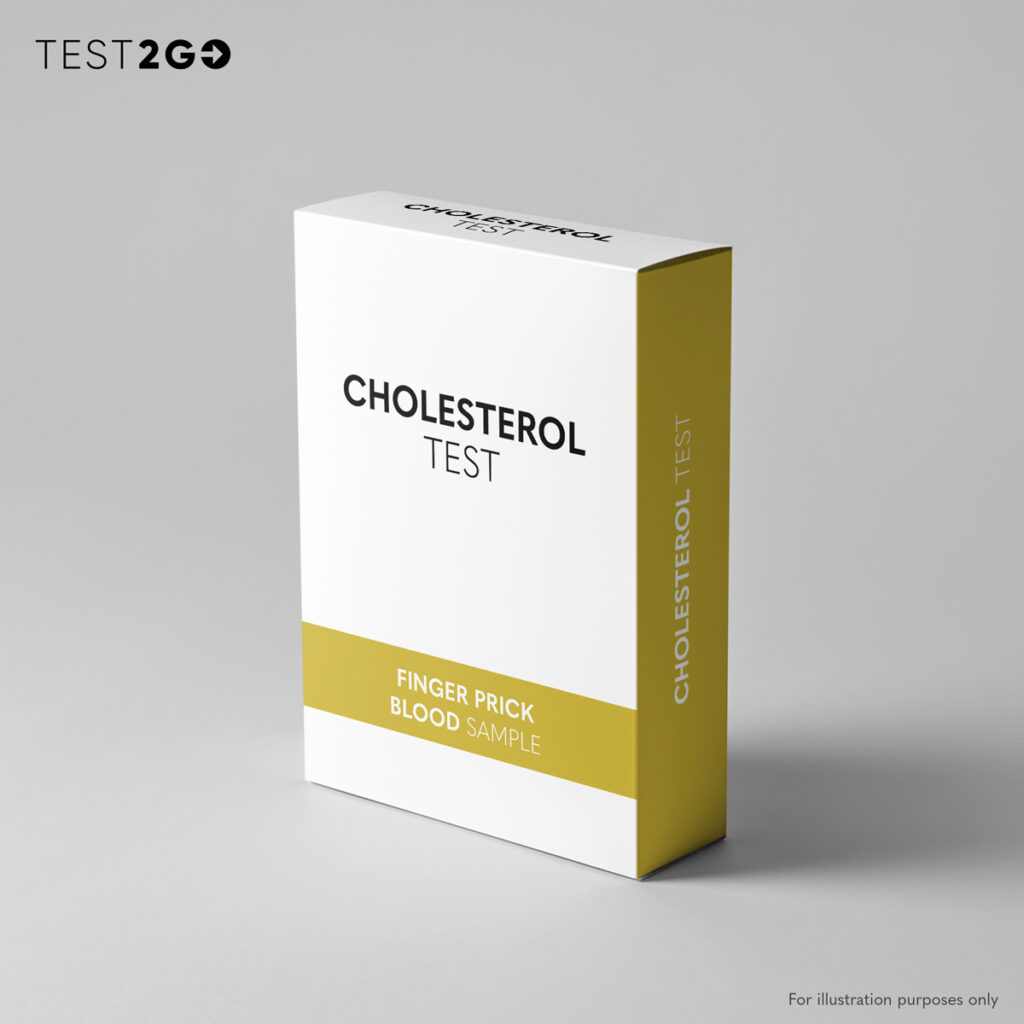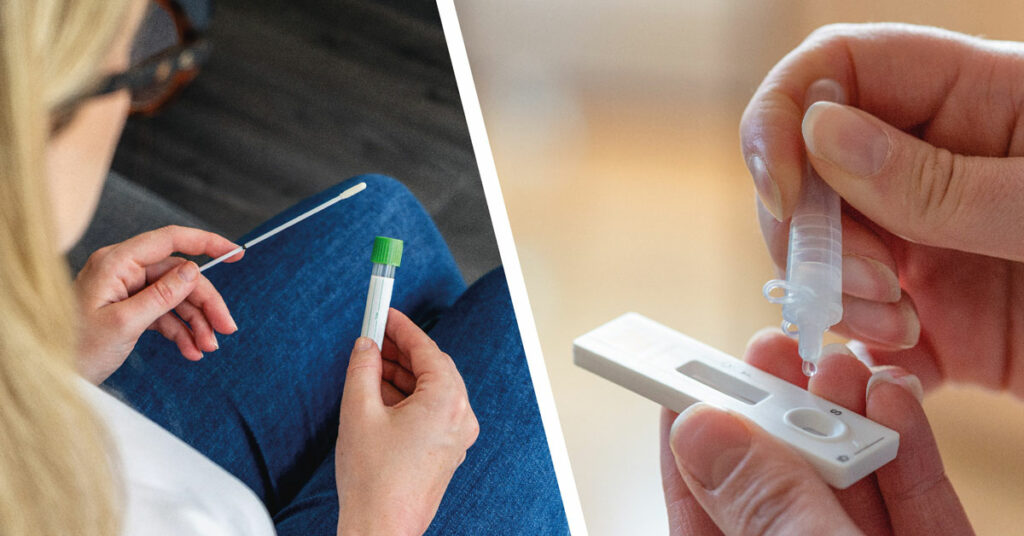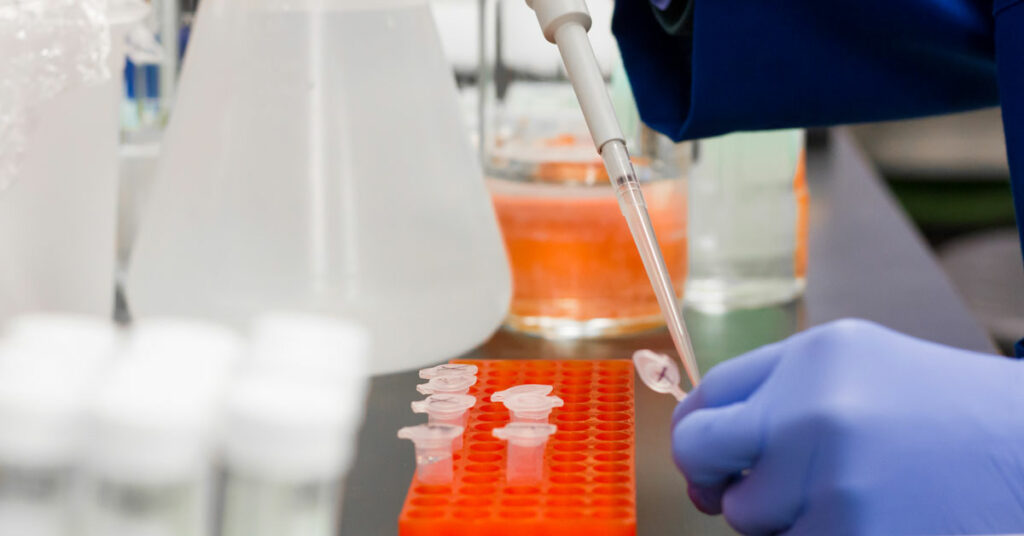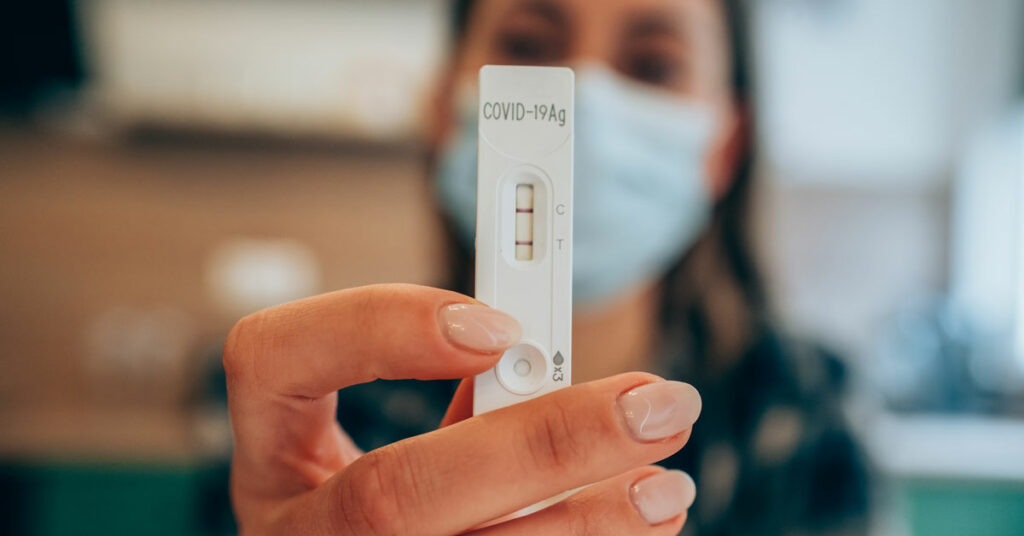A PCR test is considered the most reliable method of testing to detect the presence of SARS-CoV-2, the COVID-19 virus.
What is a PCR test?
PCR stands for Polymerase Chain Reaction. The National Human Genome Research Institute defines a PCR test as “a common laboratory technique used in research and clinical practices to amplify, or copy, segments of genetic material.”
This means the test can accurately detect the presence of a virus if you are infected with the virus when you take the test. A PCR test may also pick up fragments of the virus if you are no longer infected when you take the test.
What is a COVID-19 PCR Test?
The COVID-19 PCR Test is a molecular test that analyses a specimen from your upper respiratory system (typically your nose and your throat). The test looks for the genetic material (ribonucleic acid or RNA) relating to SARS-CoV-2, the virus that causes COVID-19.
If Scientists can use the technology behind the PCR test to amplify any RNA found in deoxyribonucleic acid (DNA) until SARS-CoV-2 is detected.
The PCR Fit to Fly Test is a gold standard PCR test found to correctly identify all positive and negative samples without exception when analysed by Public Health England and Hampshire hospitals NHS trust.
As this test has 100% specificity toward the SARS-CoV-2 virus, it will only detect the presence of the COVID-19 Coronavirus.
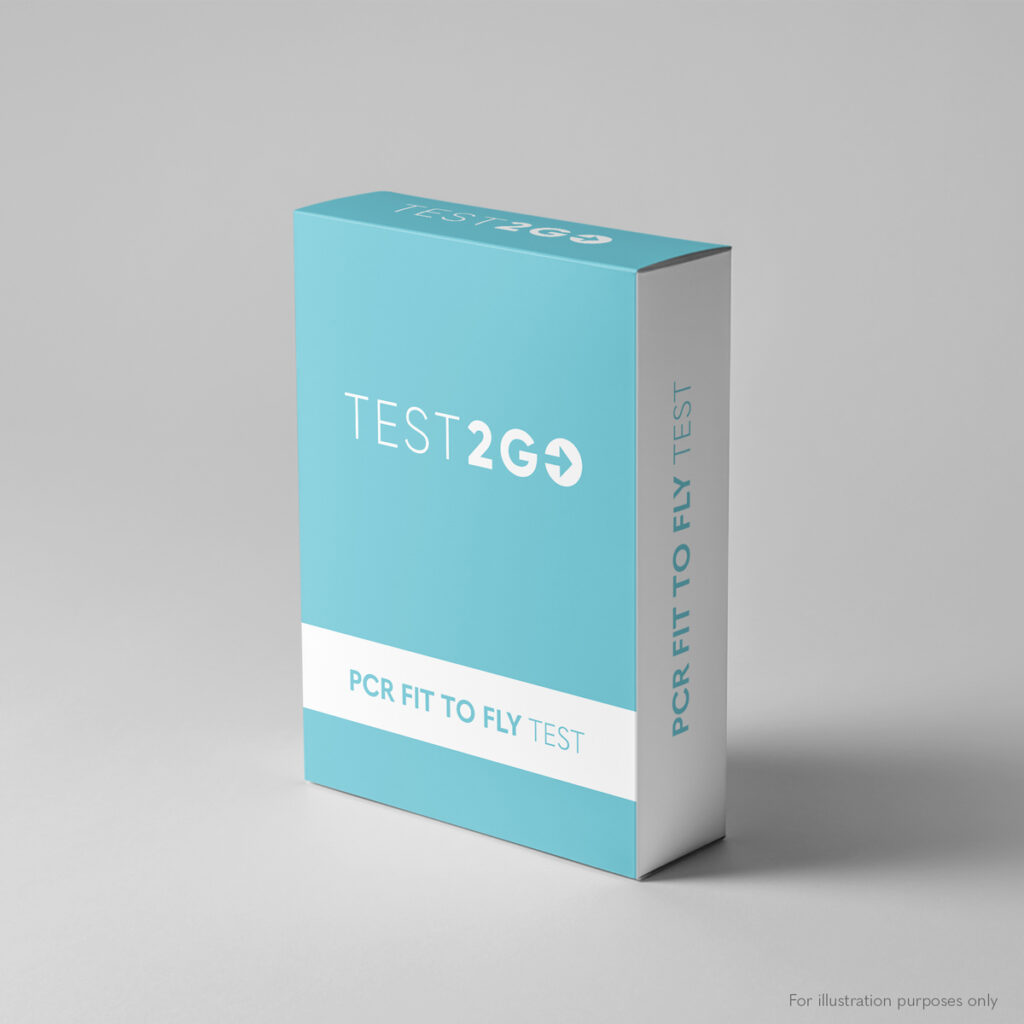
How do I take a PCR COVID test?
There are three primary stages to a PCR COVID test:
Stage 1: Sample Collection
You will use the swab provided in your test kit to collect the respiratory material found in your nose.
A swab is a long flexible stick with cotton wool on the end that you will place up your nose.
After collection, the swab is sealed in a tube, placed in an envelope and sent back to our laboratories – using the prepaid return label enclosed.
Stage 2: Extraction
When your sample is received at our laboratories, one of our scientists will isolate the genetic material from the rest of the material.
Stage 3: PCR
The scientist will then use a thermal cycler machine and special chemicals to amplify the amount of the targeted genetic material in the test tube to a level where SARS-CoV-2 can be detected. Special software is also used to interpret the test result as negative or positive.
What do COVID-19 PCR Test Results mean?
When you take a COVID-19 PCR test, your result will be negative, positive or inconclusive.
A negative PCR test result means that you were unlikely infected with the SARS-CoV-2 virus when you took the test. However, this does not mean you don’t have COVID-19.
You may test negative if you have recently been infected with COVID-19 but don’t have any symptoms yet. Or if you had had COVID-19 for more than a week before you tested yourself.
If your PCR test returns a positive result, then it is likely that you are infected with the SARS-CoV-2 virus.
From the 24th of February, the UK Health Security Agency’s advice for those who have COVID-19 was that although there was no longer a legal requirement to self-isolate, you should stay at home and avoid contact with other people if you can.
How long will it take to get my PCR COVID test results?
You should have your test results within 24 hours of receiving the sample at the laboratory.
Please keep in mind that Royal Mail does not deliver samples to our laboratories on Sundays or Bank Holidays. So if you post your sample back to us on a Friday, for example, we won’t receive it until Monday.


